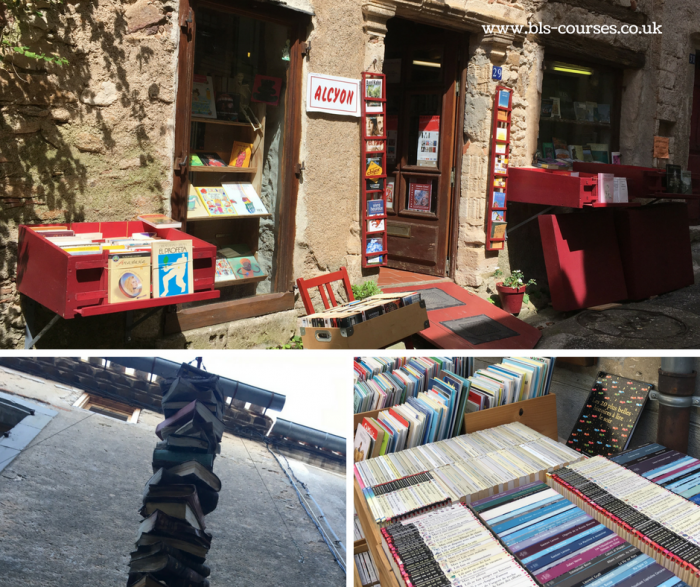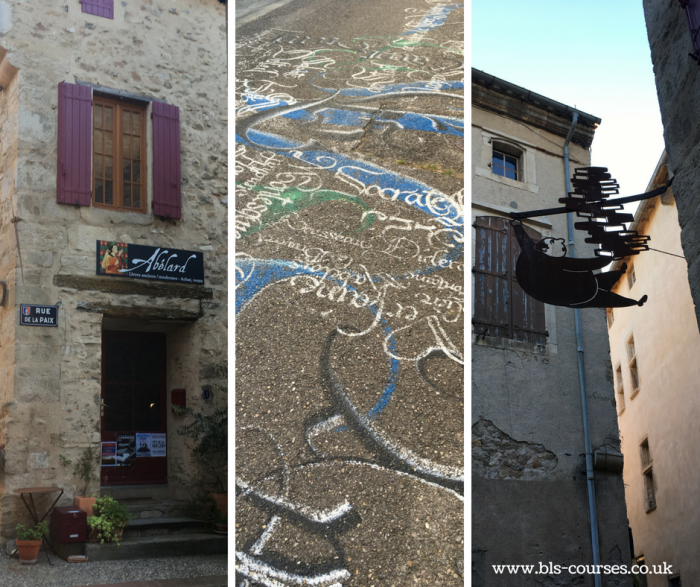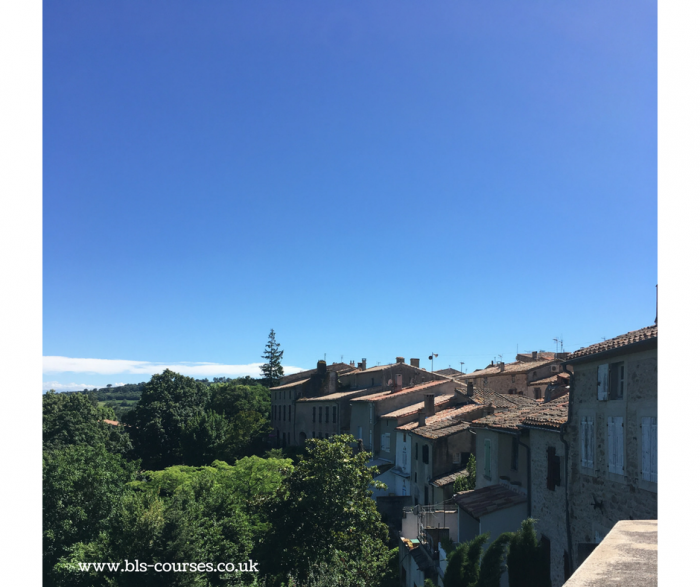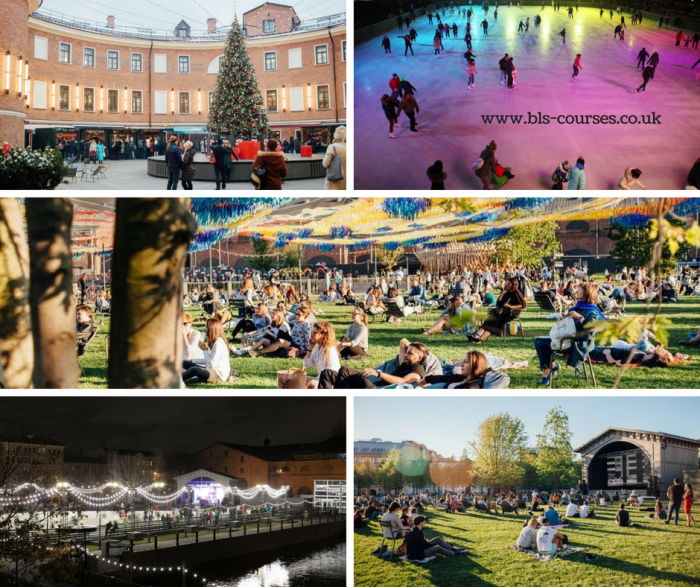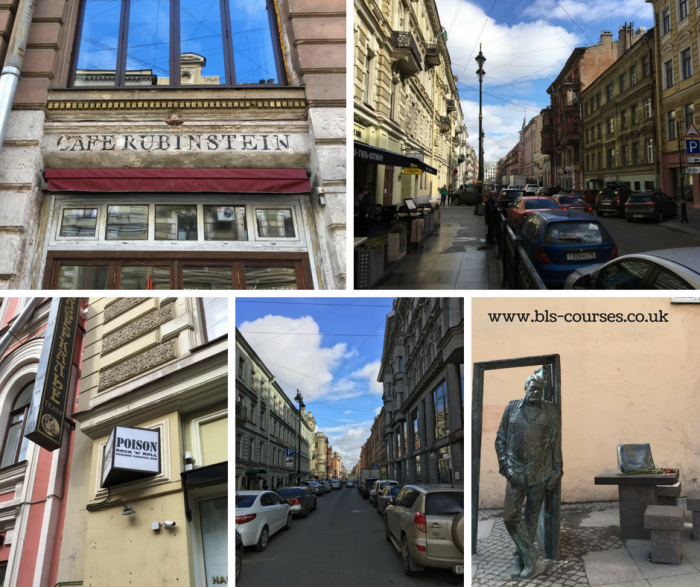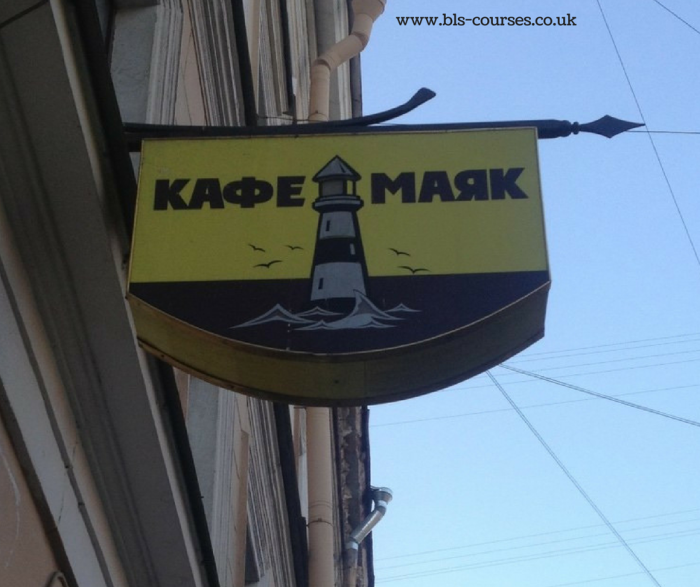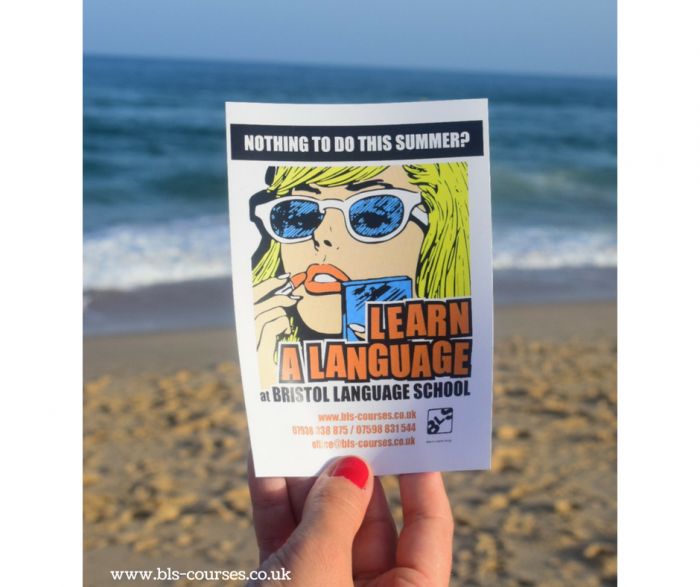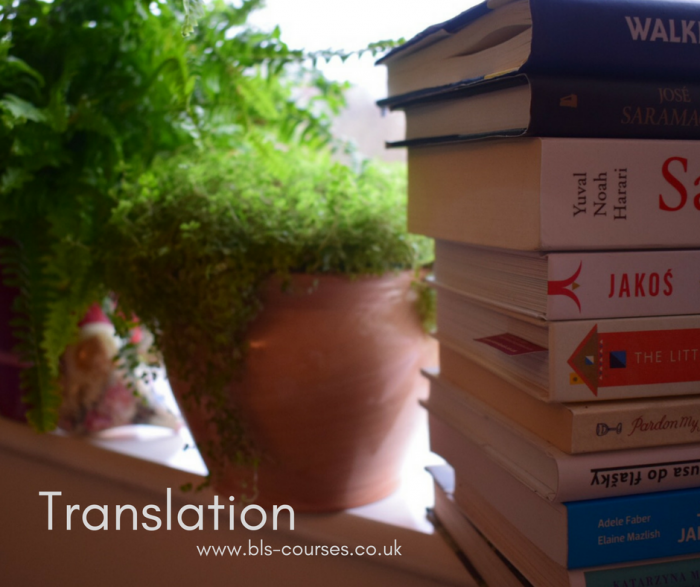The Venice of the North, The Northern Palmyra. Leningrad, Petrograd… This city has so many names but it is indeed unique in its beauty and atmosphere. This city is Saint-Petersburg. What is unique about Saint-Petersburg? Saint-Petersburg is living history. It combines the atmosphere of the Tsar’s Russia and Soviet times. Famous writers and musicians made their masterpieces here.
In this city you can never get bored: it has everything one needs. If you are a Russian history fan you can easily get lost in the numerous historic museums. Fans of the arts will be impressed by both the famous classic art collections and the contemporary art galleries and museums.
In this article I have collected the top places and things to do, which, in my opinion, you have to experience whilst in Saint-Petersburg.
The Hermitage
The Hermitage is considered to be the main museum of art in Saint-Petersburg. One cannot go to Saint-Petersburg without visiting the Hermitage. This pearl of Baroque style is located on the main square in Saint-Petersburg – Palace Square – and was created by the Italian architect Bartolomeo Rastrelli, a favourite of Catherine the Great. Being already a piece of art from the outside, the Hermitage includes one of the biggest collections of art in the world. Here you can enjoy the paintings of such famous artist as Leonardo da Vinci and Rembrandt. Moreover, for those who are interested in modern art, it will be a pleasant surprise to explore the rich collection of XX and XXI century art in the contemporary art block.
https://www.hermitagemuseum.org/wps/portal/hermitage?lng=en
 The Hermitage from the Palace Square
The Hermitage from the Palace Square
 The Palace Square in winter
The Palace Square in winter
Church of the Saviour on Blood.
While walking down Nevskiy prospect, it is impossible to miss the breathtaking view of the Church of the Saviour on Blood from Naberezhnaia Kanala Griboedova. Without doubt, this church is considered to be a masterpiece of mosaic art.
The word «blood» included in the name of the church refers to Emperor Alexander II, who was mortally wounded in March 1881. After the tragedy the decision was taken to build a church as a memorial right on the spot where the Emperor was killed. Funding of the church was provided by the Royal family and private donors.
It is fantastic how one building can combine so many types of materials and techniques and look so harmonious at the same time! During the construction, marble, granite, enamel and copper were used, but what really astonishes every visitor is the fact that the church contains over 7 500 square metres of mosaics.
http://eng.cathedral.ru/spasa_na_krovi/
 Mosaic top of the Church of the Saviour on Blood
Mosaic top of the Church of the Saviour on Blood
St. Isaac`s Cathedral
Located in the heart of Saint-Petersburg, St. Isaac`s Cathedral is the biggest Russian Orthodox cathedral in the city. It took approximately 40 years for the cathedral to be constructed under the French-born architect Auguste de Montferrand’s direction and, in 1858, the church opened its doors for the public. Now it is a museum and impresses visitors with its monumental decoration. The interior combines all types of materials and techniques: you can see mosaic icons, paintings, and sculptures made of malachite and lapis lazuli. Even the locals passing by the Cathedral are still amazed by the massive red granite columns which weigh 114 tons each.
Do not miss the opportunity to enjoy the city from the top of St. Isaac’s Cathedral! It is definitely worth climbing the 300 steps up to the Cathedral’s colonnade to be impressed by the breathtaking views of the city.
http://eng.cathedral.ru/
 St. Isaac’s Cathedral in winter
St. Isaac’s Cathedral in winter
 View from St. Isaac’s Cathedral’s Colonnade
View from St. Isaac’s Cathedral’s Colonnade
Peterhof.
If you are in Saint-Petersburg in summer, one of the greatest activities for you will be visiting Peterhof. To the south west of the city, Peterhof is mostly famous for its Imperial Residence, also known as the “Russian Versailles”. Peter the Great, while visiting Europe, was so inspired with Versailles that he decided to found the residence outside the city as well. Now Peterhof is a fabulous ensemble including palaces and a world-famous fountain system. It will take you a while to recover after your first look at the amazing and luxurious Great Cascade. You will see more and more wonderful things: designed fountains like Chess Mountain and Golden Mountain, statues of Adam and Eve, and even a special invention of Peter the Great; hidden fountains which can suddenly turn-on (making you both surprised and wet!). With this in mind, you should be careful, or at least have a change of clothes with you!
Now Peterhof is considered to be a UNESCO World Heritage Site.
http://en.peterhofmuseum.ru/
 Peterhof Grand Cascade Fountain
Peterhof Grand Cascade Fountain
Pushkin ( Tsarskoye selo)
If you want to experience the atmosphere of Imperial Russia, Tsarskoye Selo is the right place for you! Tsarskoye Selo is the amazing residence of the Romanov Family, with a great park and palace complex. Currently, there are two imperial palaces; the baroque Catherine Palace and the neoclassical Alexander Palace.
In the Catherine Palace, designed by Bartolomeo Rastrelli, you will find the mysterious and famous Amber room which was destroyed by Nazis during World War II. After the War, reconstruction began on Tsarskoye Selo and now it has been renovated and opened for the public.
Moreover, here you can follow the steps of Alexander Pushkin – the world-renowned and, arguably, greatest Russian poet – by visiting the museum in the former Imperial Lycee, where he was schooled.
http://eng.tzar.ru/
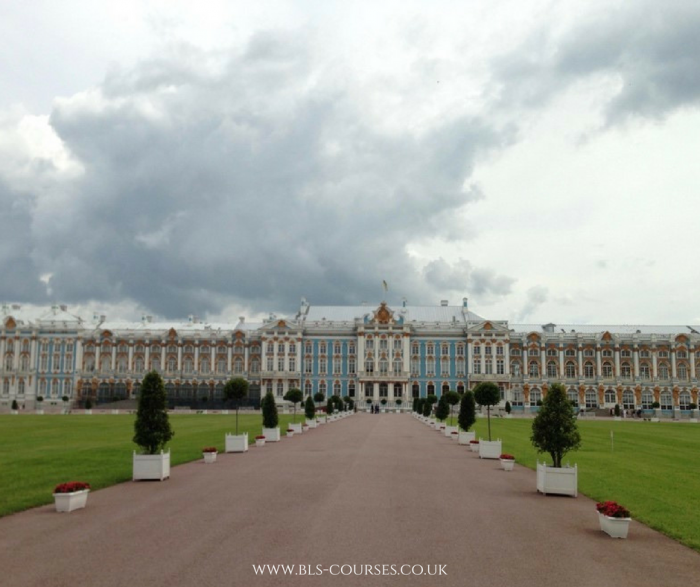 Catherine Palace in Pushkin
Catherine Palace in Pushkin
 Marble Bridge in Pushkin
Marble Bridge in Pushkin
A little bit about transport.
Transport in Saint-Petersburg is quite cheap and fast. We have a very convenient underground and it is better to buy a card called “Podorozhnik” and put money on it. You will save some money this way because every trip will be cheaper. However, the metro also operates on one-use-only coins called ‘zhetons’. Buses are cheap as well and go every 5-10 minutes. Another very convenient way of getting around is by “Marshrutka” (mini bus) which is much faster than the bus but can be more expensive.
Tours
If you enjoy walking, and want to see all the most famous attractions in one day, you can take a free tour:
http://petersburgfreetour.com/free-tour/
If you have a limited amount of time or don’t have the energy to walk from one attraction to another, you can use the hop-on hop-off red bus.
https://citytourspb.ru/en/
Boat Trip.
If you are in Saint-Petersburg in mid-spring, summer or mid-autumn, it’s absolutely worth taking a boat trip where you can see the city from the water. You can find boats everywhere in the city centre and the price is usually the same for all of them. I would recommend to take a boat on a sunny day or, even better, during the legendary White Nights where you can see open bridges from the water. It is an absolutely fantastic view! Overall, summer is the best time to go to Saint-Petersburg because you can get the chance to see the legendary, captivating White Night, and the city that never sleeps. At the same time, summer is the busiest time for tourists, and the prices can rise dramatically so plan your trip carefully.
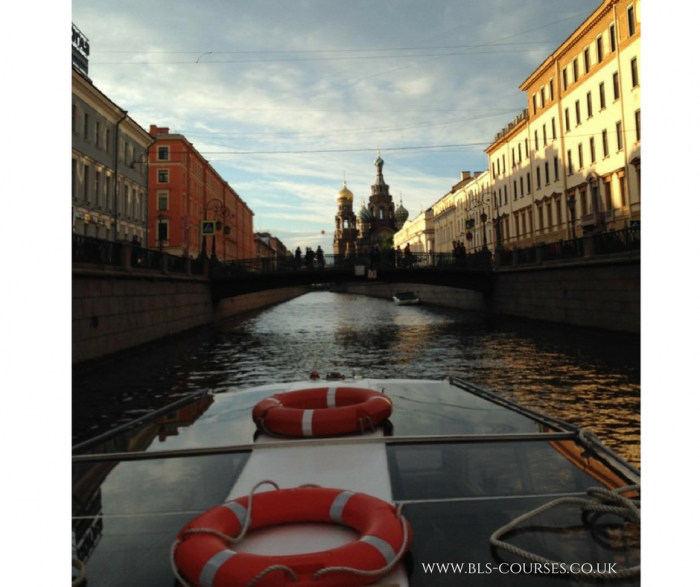 View on St. Petersburg from Griboedov canal
View on St. Petersburg from Griboedov canal
 View on St. Petersburg from Neva River
View on St. Petersburg from Neva River
To be honest, it is impossible to count all the good places in Saint-Petersburg, there are so many of them! I hope you will have the chance to visit this beautiful city one day, and will fall in love with Saint-Petersburg from the first minute because this city simply cannot leave you half-hearted. It charms with its romantic canals, open bridges and legendary White Nights.
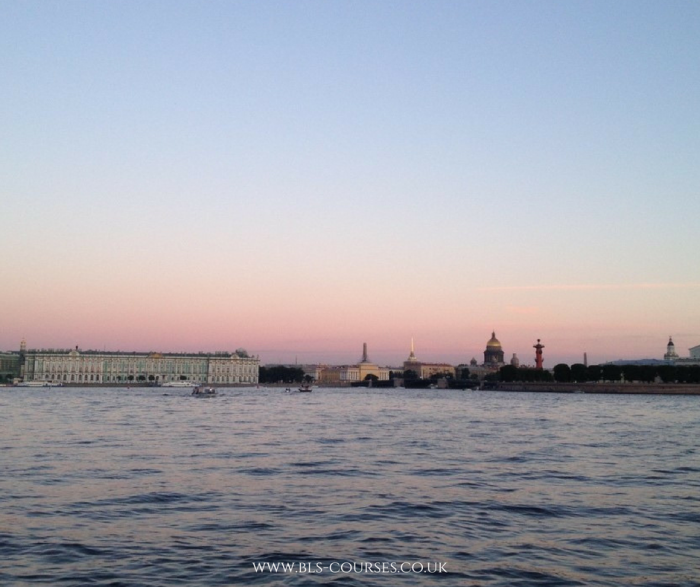 St. Petersburg White Nights
St. Petersburg White Nights
Anna Petrova


